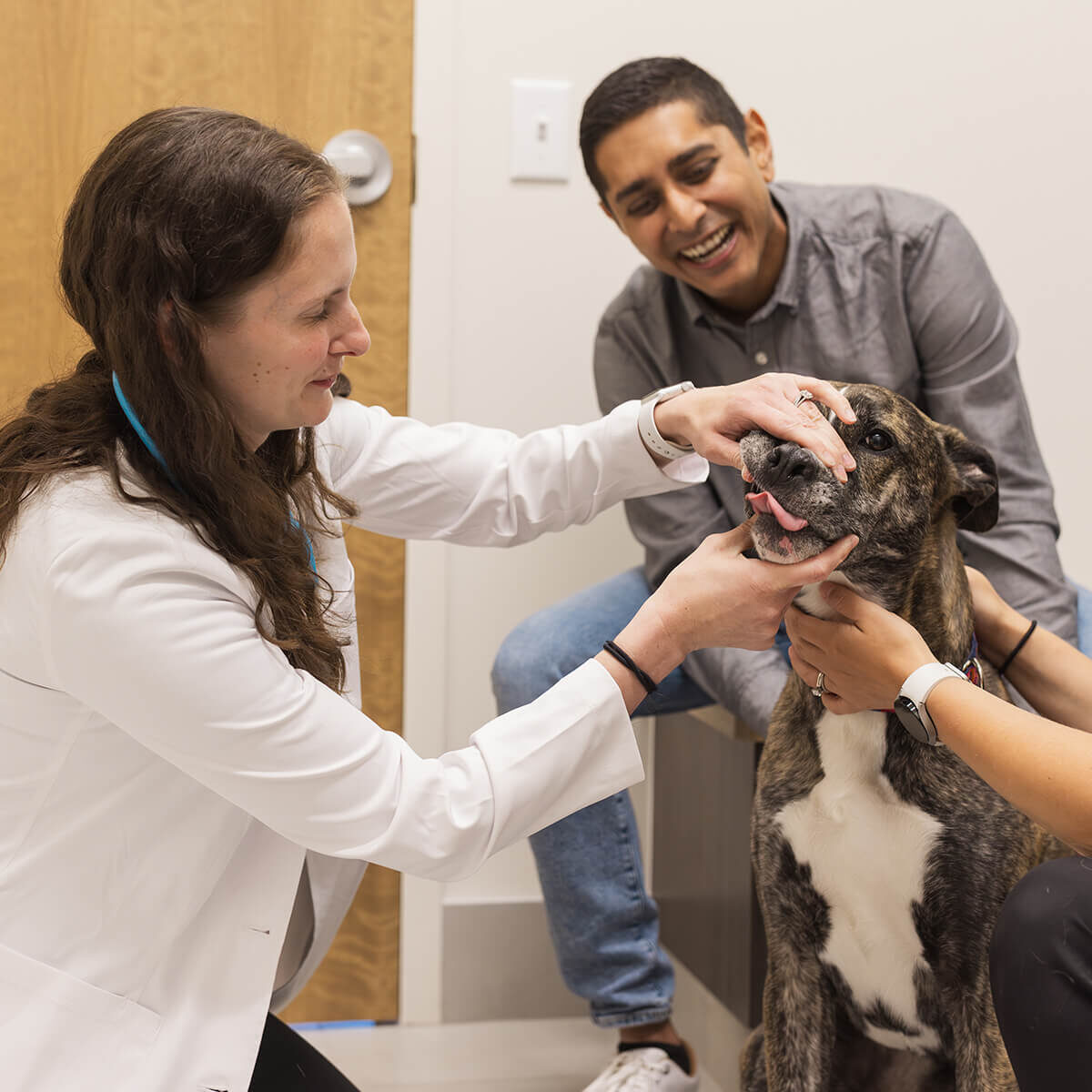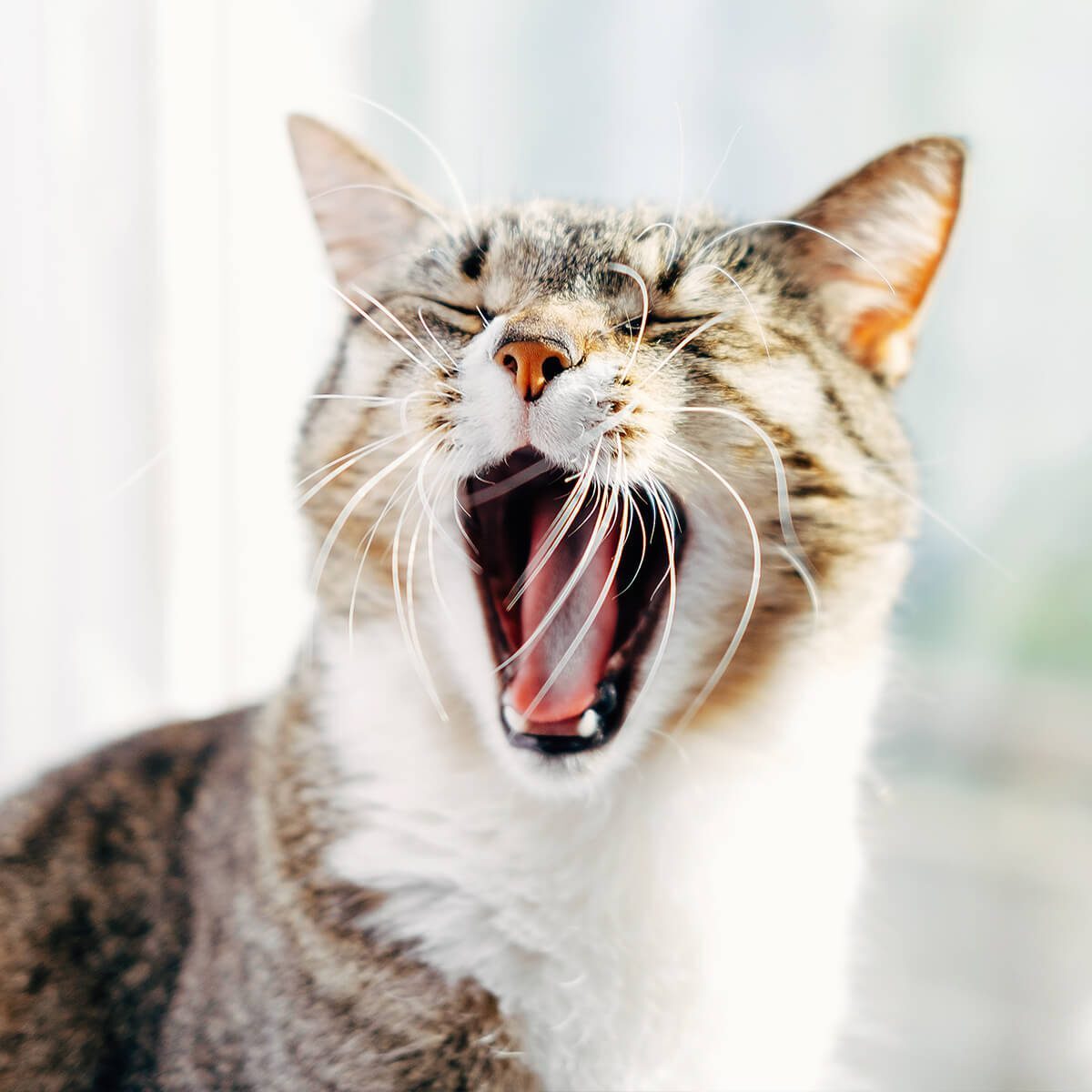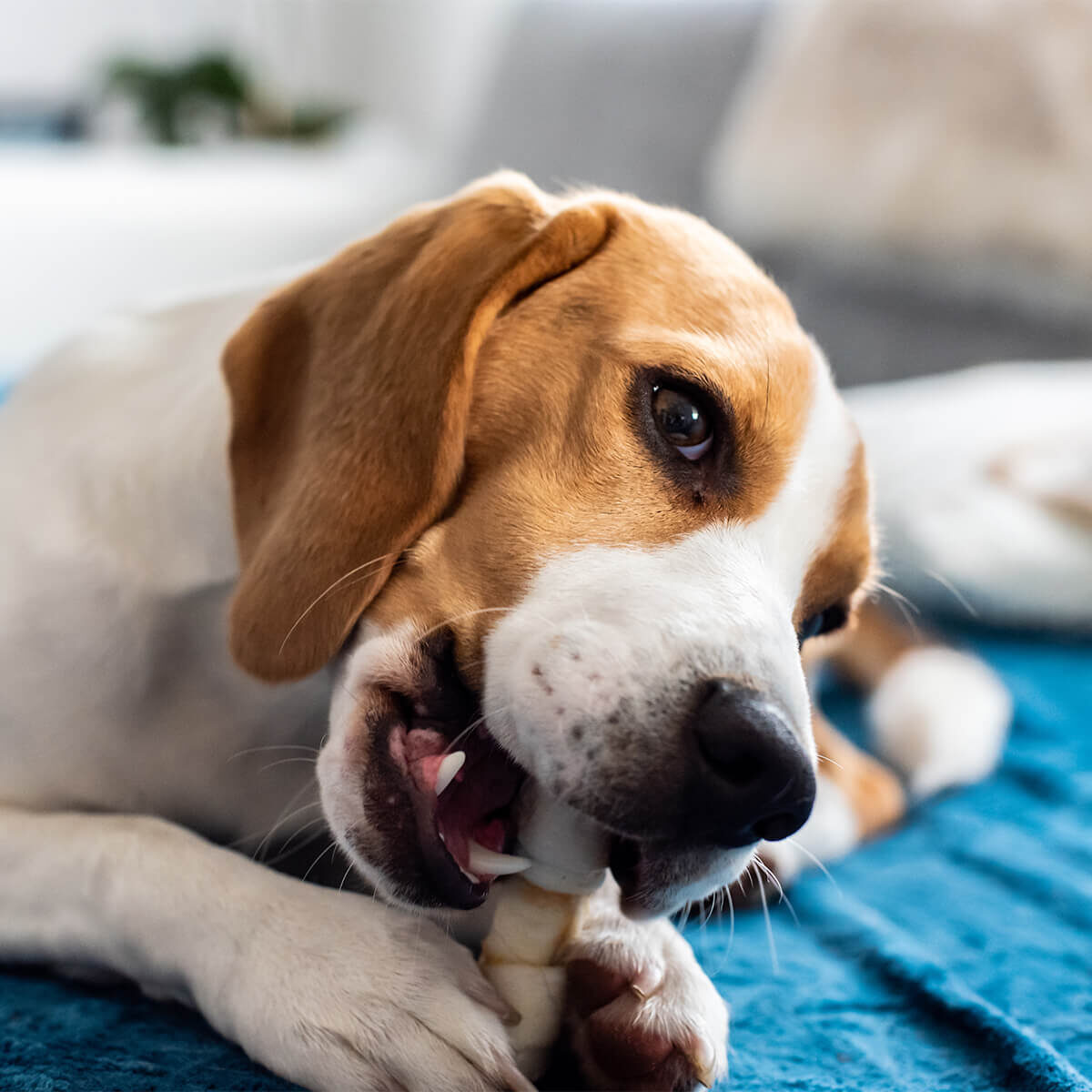
Pets rely on their mouths every day to eat, play, and explore their world. When dental care falls behind, discomfort and disease can quietly take hold. At Maple Grove Pet Hospital, we make oral health a routine part of lifelong wellness. Our team provides thorough, gentle teeth cleanings for both cats and dogs in Maple Grove, helping protect your pet’s comfort and overall health.
If your pet is due for a dental visit or showing signs of oral disease, we are ready to help with attentive, skilled care.
Protect your pet from dental disease. Call us at (763) 265-5878 or request an appointment online.
What Happens During a Professional Dog & Cat Teeth Cleaning
At Maple Grove Pet Hospital, dental cleanings are performed under general anesthesia so we can safely and comfortably evaluate every part of your pet’s mouth. This approach allows for a complete exam and treatment without pain or stress.
Your pet’s dental visit includes:
Pre-Anesthetic Exam and Bloodwork
We confirm your pet is healthy for anesthesia with a physical exam and lab testing.
Individualized Anesthesia and Monitoring
Your pet receives carefully tailored anesthesia with continuous monitoring.
Full Oral Evaluation
Each tooth and surrounding tissue is examined for disease, fractures, or infection.
Digital Dental Radiographs
X-rays allow us to assess the roots and bone below the gumline.
Scaling and Polishing
We remove plaque and tartar above and below the gums, then polish the teeth to reduce future buildup.
Additional Treatment if Needed
Extractions, pain control, and medications are provided when necessary.
Recovery and Home Care Support
We monitor your pet closely during recovery and send you home with clear aftercare guidance.


